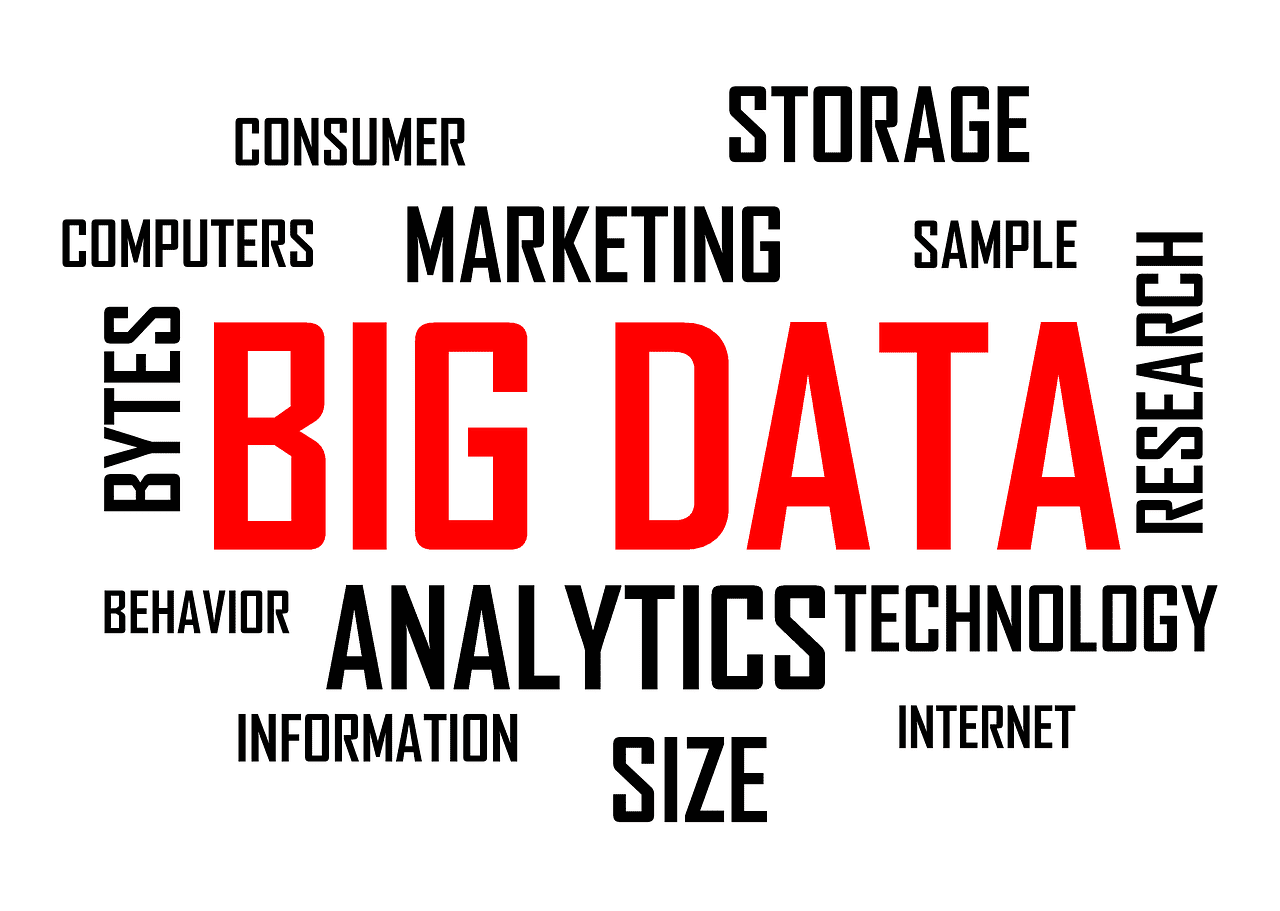Unlocking the Power of Data Storage Solutions for Your Enterprise
Introduction
In today’s fast-paced business world, data is the lifeblood of any enterprise. From customer information to financial records, enterprises depend on data to make informed decisions and remain competitive. Therefore, data storage solutions have become an integral part of enterprise infrastructure. In this article, we will explore the importance of data storage solutions, the benefits of integrating them, and how to choose the right solution for your enterprise’s needs.
Definition of Data Storage Solutions
Data storage solutions encompass a variety of technologies, tools, and platforms that businesses use to store, manage, and safeguard their data. These solutions may include conventional on-premise storage systems or intelligent cloud-based ERP system, offering a wide range of options to cater to the specific needs of each enterprise.
Importance of Data Storage Solutions for Enterprises
The importance of data storage solutions for enterprises cannot be overstated. Efficient data storage solutions enable enterprises to:
- Improve data management
- Enhance data security
- Increase workflow efficiency
- Save costs on IT infrastructure and operations.
Overview of Benefits of Integrating Data Storage Solutions
Integrating data storage solutions can provide numerous benefits to enterprises, including:
- Cost efficiency
- Scalability
- Data security
- Efficiency and accessibility.
Benefits of Integrating Data Storage Solutions
1. Cost Efficiency
One of the primary benefits of integrating data storage solutions is cost efficiency. By using a centralized storage system, enterprises can reduce their IT infrastructure and operational costs significantly. For example, cloud storage solutions can eliminate the need for on-premise storage hardware and related maintenance costs.
Companies that have adopted data storage solutions have reported substantial cost savings. For instance, Siemens, a multinational conglomerate, saved $1 million in hardware and maintenance costs by switching to cloud storage. Cost savings from data storage solutions can be measured by evaluating factors such as IT infrastructure and operations costs, data management costs, and disaster recovery costs.
2. Scalability
Data storage solutions are designed to accommodate enterprise growth. As enterprises expand, the volume of data they generate increases. Therefore, it is crucial to have a storage solution that can scale with the enterprise’s needs. For example, cloud storage solutions offer virtually unlimited scalability, allowing enterprises to store and manage an increasing amount of data.
Companies such as Netflix and Airbnb have effectively scaled their data storage solutions to accommodate their rapid growth. When choosing a data storage solution, enterprises should consider factors such as data volume, performance, and latency requirements to determine the most suitable solution.
3. Data Security
Data breaches can have severe consequences for enterprises, including financial losses, reputational damage, and legal liabilities. Data storage solutions can enhance data security by providing features such as encryption, access controls, and data backup and recovery.
Several companies have prevented data breaches by implementing data storage solutions. For example, Dropbox, a cloud storage provider, prevented a security breach in 2012 by implementing two-factor authentication. When choosing a data storage solution, enterprises should consider security features such as data encryption, access controls, and compliance with industry standards and regulations.
4. Efficiency and Accessibility
Data storage solutions can improve workflow efficiency and accessibility by providing real-time data access and collaboration tools. With a centralized storage system, enterprises can reduce the time spent searching for data and collaborating with team members.
Several companies have reported increased productivity and workflow efficiency after adopting data storage solutions. For example, the Bank of America reported a 95% reduction in data management time after implementing a centralized storage system. When selecting a data storage solution, enterprises should consider features such as real-time data access, collaboration tools, and integration with existing workflows.
Enterprises to Adopt Data Storage Solutions
In today’s data-driven business world, enterprises cannot afford to ignore the importance of data storage solutions. The benefits of integrating data storage solutions far outweigh the costs, and enterprises that fail to adopt them risk falling behind their competitors. Therefore, we urge all enterprises to evaluate their data storage needs and consider integrating data storage solutions to unlock their full potential.
FAQs
1. What is the difference between cloud storage and local storage?
Cloud storage refers to a remote storage service that allows users to store and access data from anywhere with an internet connection. Local storage, on the other hand, refers to a physical storage device located on-premise or at a specific location.
2. How much data can be stored in a data storage solution?
The amount of data that can be stored in a data storage solution depends on the specific solution and the storage capacity it offers. Cloud storage solutions typically offer virtually unlimited storage capacity, while on-premise storage solutions have a finite storage capacity based on the hardware used.
3. Is it necessary to have multiple data storage solutions for an enterprise?
It depends on the size and complexity of the enterprise. Smaller enterprises may be able to meet their data storage needs with a single solution, while larger enterprises may require multiple solutions to accommodate their diverse data storage needs.
4. What are the costs associated with integrating data storage solutions in an enterprise?
The costs associated with integrating data storage solutions vary depending on the solution chosen, the enterprise’s size, and its specific data storage needs. Some of the costs associated with integrating data storage solutions include hardware and software costs, implementation costs, and ongoing maintenance costs.
5. How secure are data storage solutions?
Data storage solutions can enhance data security by providing encryption, access controls, and other security features. However, the security of a data storage solution depends on the specific solution and the security measures implemented by the enterprise. It is essential to choose a data storage solution that meets the enterprise’s security requirements and complies with industry standards and regulations.
Conclusion
Data storage solutions, including SAP ERP solutions, are crucial for enterprises to effectively manage and protect their data. The benefits of integrating data storage solutions include cost efficiency, scalability, data security, and efficiency and accessibility. Enterprises should carefully evaluate their data storage needs and choose a solution that aligns with their growth trajectory and data security requirements. By adopting data storage solutions, enterprises can achieve significant cost savings, improve workflow efficiency, and enhance data security. Therefore, it is essential for enterprises to consider integrating data storage solutions, such as ERP solutions, as part of their overall IT infrastructure.













Leave a Reply
Want to join the discussion?Feel free to contribute!